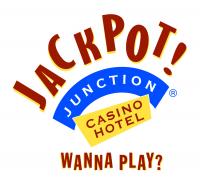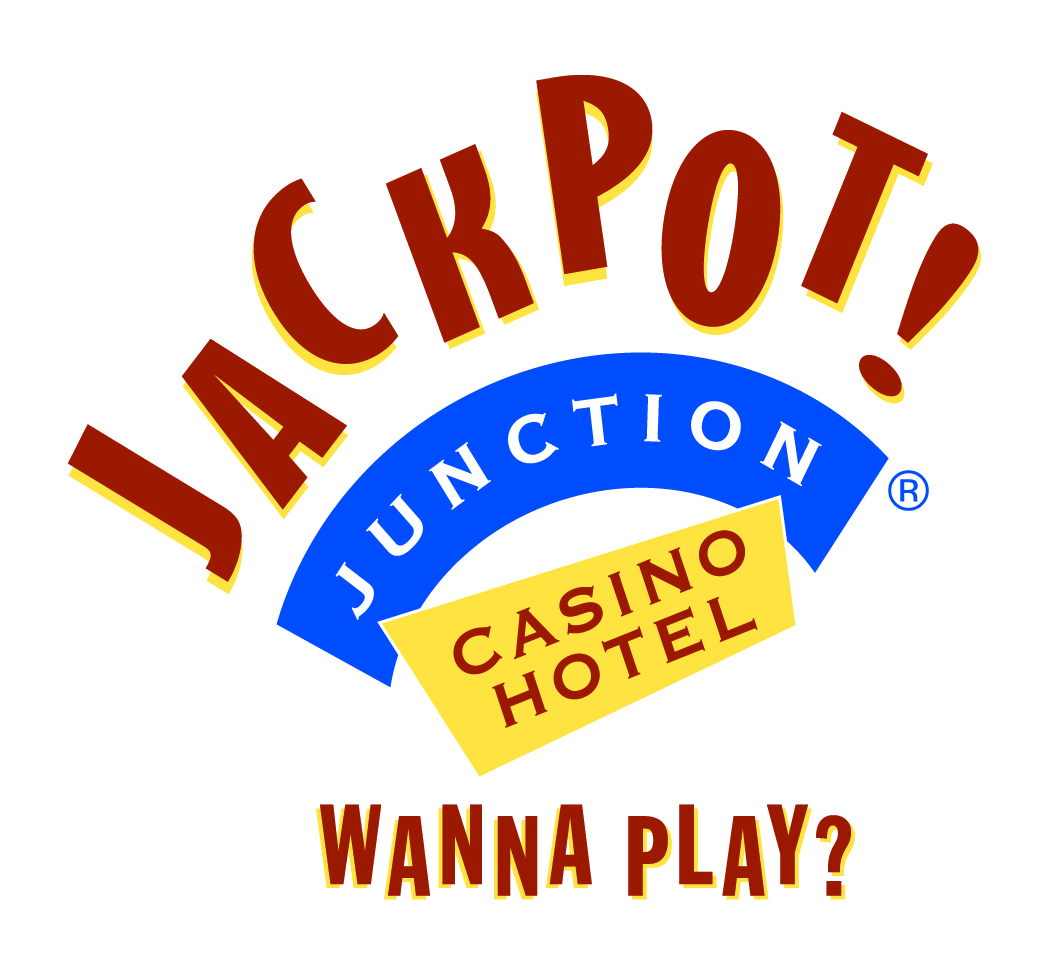 In a childish battle over who called what first – Minnesota’s Jackpot Junction Casino Hotel in Morton has demanded that Las Vegas casino signs provider, Gaming Support USA, should stop calling its products “JackpotJunction.”
In a childish battle over who called what first – Minnesota’s Jackpot Junction Casino Hotel in Morton has demanded that Las Vegas casino signs provider, Gaming Support USA, should stop calling its products “JackpotJunction.”
Gaming Support’s counterattack has involved filing a lawsuit against Jackpot Junction Casino Hotel – seeking a court declaration that its “JackpotJunction” name does not infringe on its trademark. They argued that Minnesota Casino’s “Jackpot Junction” name is not famous so is “entitled to only a narrow scope of trademark protection”. Couldn’t they just argue its name isn’t the same because theirs doesn’t have a space between jackpot and junction?
Opening in 2001 with 1,250 slot machines and 378 rooms, Jackpot Junction Casino Hotel registered its trademarks in 2001. However, Gaming Support, which provides casino signs and back-end operating systems to casinos, stated in its lawsuit that it has “continuously used the “JackpotJunction” mark for five years without issue in commerce in connection with its goods and services.” It added its “JackpotJunction” product line is “its most prolific gaming-enabled digital signage platform, with hundreds of installations worldwide”.
If Gaming Support is successful in its suit, it will be allowed to continue its use of the “JackpotJunction” name. But it’s not that simple. Under the Lanham Act, trademark infringement is tested through the “likelihood of confusion” among consumers. The three most important factors when determining if a trademark causes consumer confusion are:
- The strength of the mark.
- Proximity of the goods.
- Similarity of the markets.
Nevertheless, it is thought that a court will most likely find that Gaming Support and Jackpot Junction are too distinctive from one another. Even though both involve casinos, they are different types of businesses. Gaming Support provides multimedia gaming systems to casino businesses, but Jackpot Junction is a hotel in Minnesota containing a casino, providing a service to tourists.
Their names may be similar because they contain the same two words joined together, but their designs are also different. Since Gaming Support has been using the mark for the past five years with no problem-o, it’s estimated that a court might find no evidence of actual confusion. What side would you bet on?
